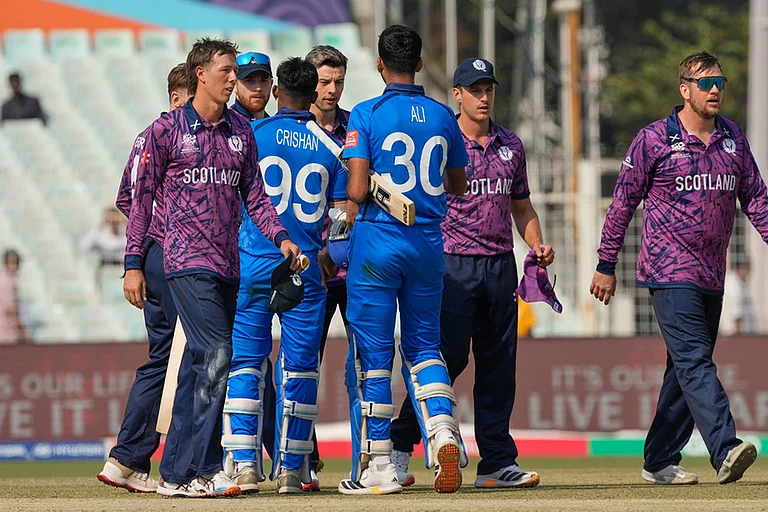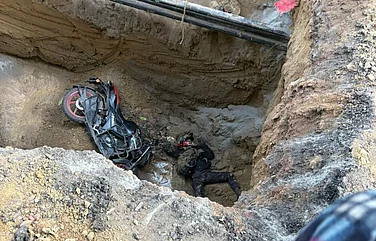Defence acquisitions in democratic countries come laden with controversies, whether procurement is from abroad, as in the case of India, or domestically, as in the case of US, when corporate rivalries play into massive lobbying with the government. It is said that shrewd US arms firms spread their supply chains across multiple states to coopt tens of senators.
The IAF’s depleting strength has been public knowledge for decades now. Other than the Sukhoi-30 MKI procured in the 1990s, the squadrons have had shrinking strength due to a depleting core of MIG 21s. While India dithered, Chinese indigenous aircraft development and supplies to Pakistan expanded, besides new Chinese airfields in the Tibetan Administrative Region (TAR). Consequently, the government in 2001 issued a Request for Information (RFI) for the procurement of Medium Multi Role Combat Aircrafts (MMRCA). India was looking to replace its MIG 21s, an outdated interceptor, slotting the new fighters between the high-end Sukhois, upgraded Mirages and MIG 29s and the low-end Light Combat aircraft (LCA) being developed indigenously.
India and Russia agreed in ’07 to jointly develop a Fifth Generation Fighter Aircraft for induction in the 2020s. Besides cost over-runs and delays, reports indicate the IAF’s unhappiness with the performance/technical features of the prototype PAK FA T50, four of which are under flight testing by the Russian air force now. India also felt uninvolved in the development phase.
Although the UPA regime selected Rafale in 2012, pre-order negotiations are still incomplete. Whether due to budgetary constraints or consideration of “life-cycle costing” (instead of mere purchase price), costs may get reconfigured. Delays may add billions to the estimated initial cost. Rafale should meet immediate Indian defence needs, as perhaps may have the other 4.5 generation competitors. Geo-political factors probably swung the final decision. The US has been known to let sanctions affect supplies whenever its global interests clash with that of the procuring state. The Eurofighter had a similar possibility of one or more of its four European owner states running into domestic legal hurdles during international crises. The Modi government, elected on a platform of reform and strengthened defence, should finalise the purchase of the Rafale as second-guessing will cause more delays and cost escalations.
Russia’s confrontation with US and the West over Ukraine and its drawing closer to China, besides opening the military supplies door to Pakistan, raises questions about its reliability. Japan is emerging from its post-World War II defence abnegation and now permitting export of defence materials. Israeli behaviour in Gaza highlights the perils of overdependence on suppliers costing India international goodwill by their actions. India needs to finalise deals on the table, draw private sector into future indigenous development of dual use technologies for defence and civilian uses and seek joint ventures with and technology transfers from new partners, including the US, in a rapidly realigning world.
K.C. Singh is a former secretary, ministry of external affairs; Email your columnist: ambkcsingh [AT] gmail [DOT] com


























